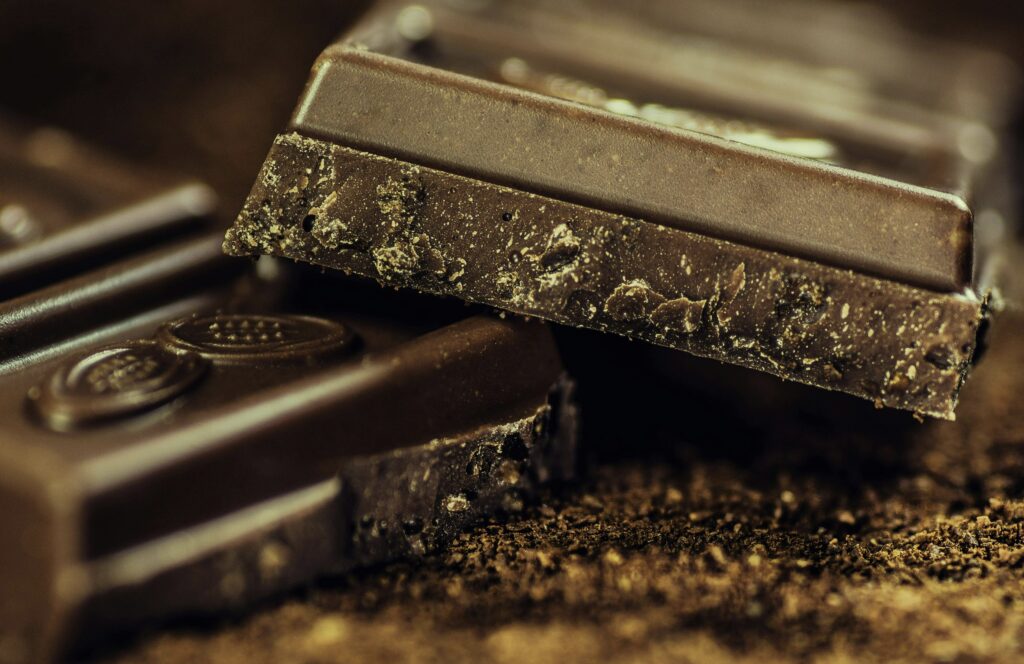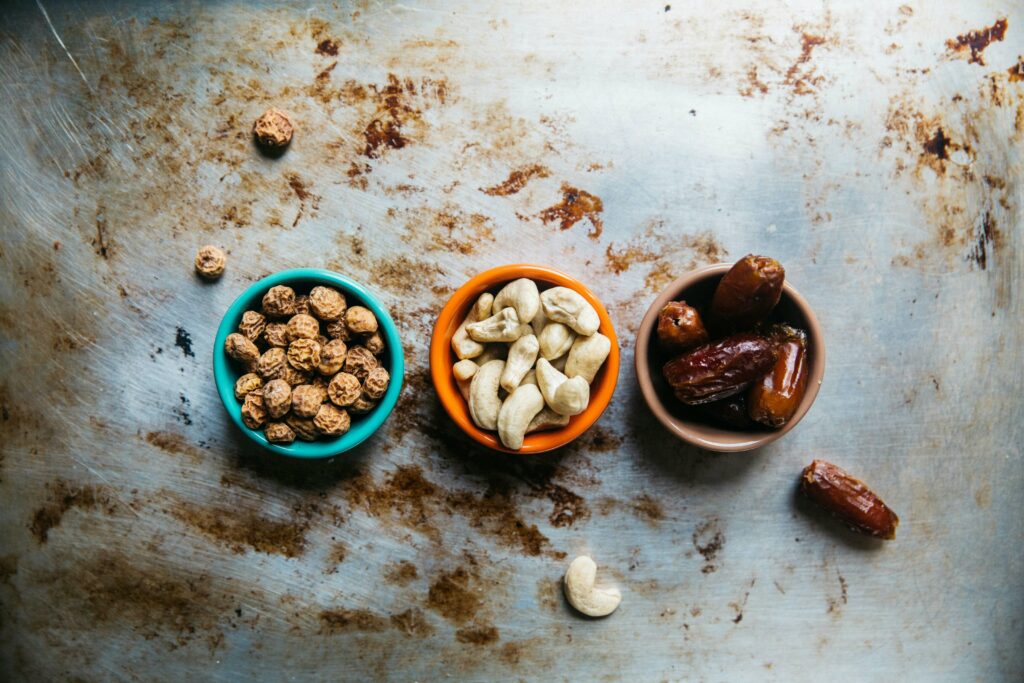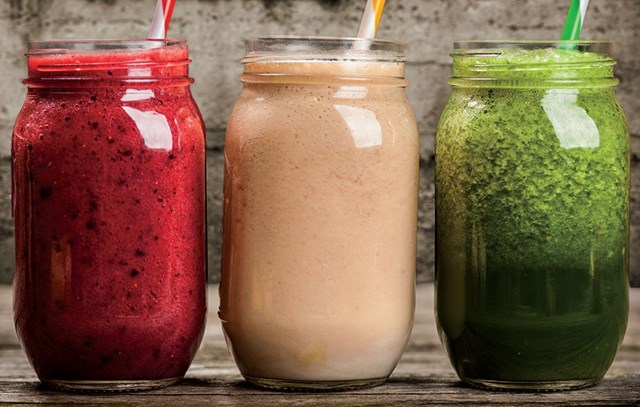Advertising has long touted the importance of the “2 and 5”: five servings of vegetables and two servings of fruit daily. It’s yet another age-old adage that joins the likes of “an apple a day keeps the doctor away.” And while there certainly are some people who swear by their daily fruit intake, others are more wary. In recent years, fruit has almost come to be considered a lesser evil. As obsessions over sugar and organic produce have come to define the wellness industry of late, many are now fearful of certain fruits, believing the sugar content to be too high. Meanwhile, it goes without saying that the high fibre and low calorie content of most fruits – particularly the berry variety – make it an invaluable option on the food pyramid.
So, just what do the researchers say about fruit? According to the latest study, it appears we might have dealt fruit a rough deal all this time. Research suggests fruit actually has some incredible benefits when it comes to body-transformations, prompting many to ask if it might just help with their bulking goals.
Researchers at the University of East Anglia analysed data from more than 13,000 people aged 42 and over. In their research, they found that nearly 60 per cent of men were failing to hit their recommended dose of vitamin C, leading to a rather surprising side effect. Those who had lower levels in their blood also had less skeletal muscle mass.
While it’s expected that the body will lose some muscle over the age of 40, the results from the study are telling. It suggests that failing to hit your vitamin targets aren’t just detrimental for your overall health, but can actually accelerate this process of muscle loss. According to the study’s authors, vitamin C helps to defend your cells “from potentially harmful free-radical substances” that “can contribute to the destruction of muscle, thus speeding up age-related decline.”
All this time when we were looking only to protein to fuel our muscle gains, it appears we should have been factoring in fruit, too. The key here is that you should be looking at fruits high in Vitamin C. Naturally, oranges tend to be the go-to option, but if, for some reason, you have an aversion to them (a bad experience from that primary school football half-time batch), you can also consider fruits like papaya, strawberries, pineapple, grapefruit, and kiwi. A helping of these can contribute to up to 200 per cent of your daily target – not too shabby.
















